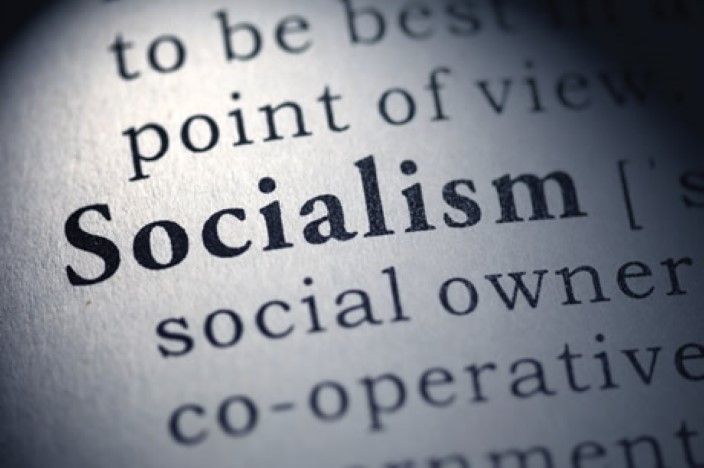
A dignified retirement for all workers, pooled assets professionally invested with diversity, wholesale group insurance for death, injury and salary protection, the benefits of compounding interest over a lifetime, massive investment in Australian infrastructure, exposure to share markets for all workers – this is socialism, right? And this is precisely why the neo-cons hate compulsory super and industry fundsin particular.
Their latest and most serious attack on our superannuation system comes in the guise of a bill called Your Future, Your Super. It is a bill which The New Daily describes as “a perfect storm” and is an unprecedented attack on the foundations of our superannuation system. Experts from both industry funds, the Law Council and consumer groups have strongly criticised the bill in its current form as deeply flawed, yet the Treasurer has put this bill forward as a ‘reform’.
Firstly, the bill purports to identify underperforming funds over two-year periods and would bar them from taking on new members. In this case the alleged underperforming funds would be publicly identified and members of these funds would most likely be targeted by predatory organisations seeking to switch them into another fund which may be a worse performing fund.
Weeding out underperforming funds or forcing them to merge is clearly supported by industry funds. However, under the current proposal some funds could be measured against other funds with a different investment agenda (for example attitude to a long-term infrastructure investment) and could therefore be classified as underperformers.
The performance benchmarks at present do not take into account different levels of risk and different asset classes selected by investment managers and fund trustees. Certainly not comparing apples with apples!
Second, the bill covers MySuper products only in terms of costs. It does not include certain retail funds’ products in the comparison and does not include administration costs. Since industry funds in general have provided members with a lower fee structure than retail funds, under the proposed model many retail funds will not be named as ‘underperforming’ because their administration fees are not counted.
The bill clearly targets industry funds! Xavier O’Halloran, Director with Super Consumers Australia, has told a recent Senate inquiry, “To have a double standard where consumers in some funds don’t find out they’re in an underperformer, but everyone else in the market does, could create some real consumer harm”.
Third, in a dangerous brushstroke of ministerial overreach, the proposed legislation would give the treasurer the power to block funds’ spending even if the spending were in the members’ best financial interest. This proposal would set a new precedent for government intervention into our superannuation system.
At present both APRA and ASIC have extensive powers to regulate super, yet the new bill proposes to reverse the onus of proof so that trustees would have to prove why an investment is in members’ best interest. The sole purpose test which stipulates that superannuation savings should be used in retirement for the benefit of members and their dependants only is already in place and so is a huge body of trust law relating to trustees’ fiduciary duties to their beneficiaries.
So in theory the treasurer would have the power to demand that the trustees provide proof that their expenditure on their stationary bill was in the members’ best financial interest. A red tape nightmare and which, by giving the treasurer discretion to choose his targets, gives the government the weapons and opportunity to weaken industry funds while the coalition is in power.
So the neo-con agenda driven by ideology goes on – COVID withdrawals, withdrawals for home purchases, withdrawals if you have been subject to domestic violence, questions surrounding the implementation of the 12% super increase even though it is legislated to start from 1 July 2021.
One wonders why the ideological battle is ongoing given the positive performance of industry funds when examined in the recent Royal Commission into Misconduct in the Banking, Superannuation and Financial Services Industry. Is it the ‘socialism’ word?


































































































































